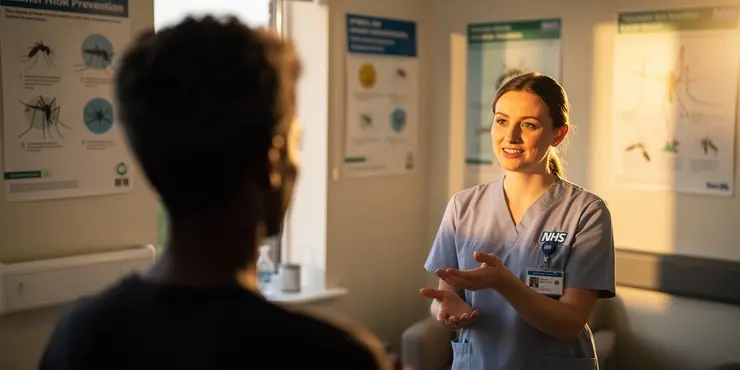
Find Help
More Items From Ergsy search
-
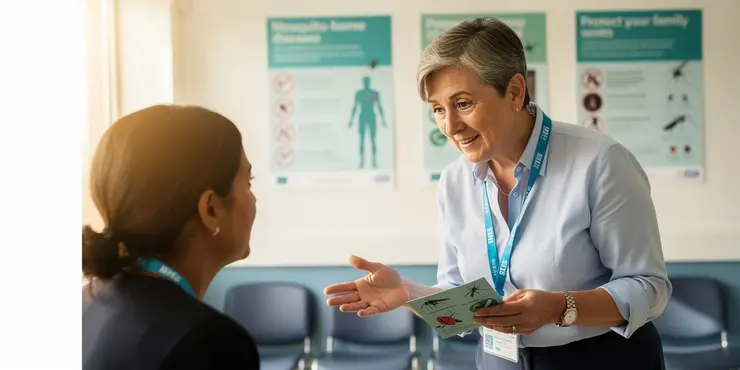
Are there any new mosquito-borne diseases emerging in the UK in 2025?
Relevance: 100%
-
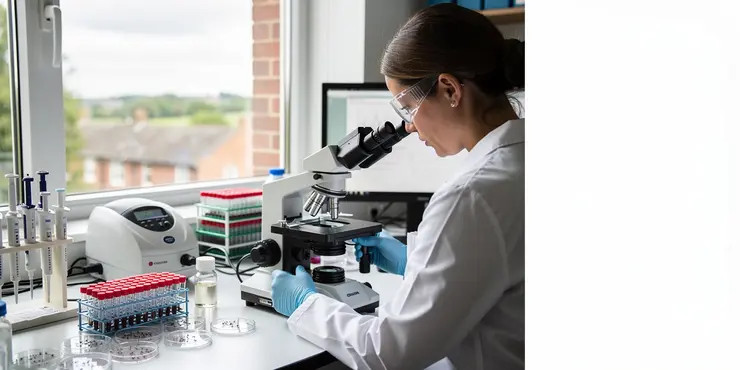
What research is being conducted on mosquito-borne diseases in the UK?
Relevance: 99%
-

Is there a season when mosquito-borne diseases are more likely in the UK?
Relevance: 98%
-
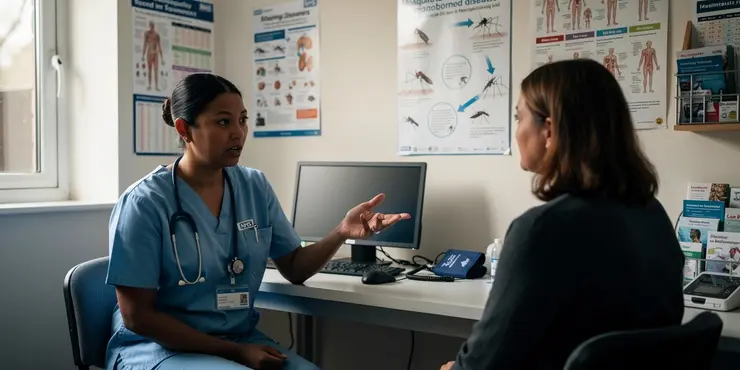
What regions of the UK are most affected by mosquito-borne diseases?
Relevance: 96%
-
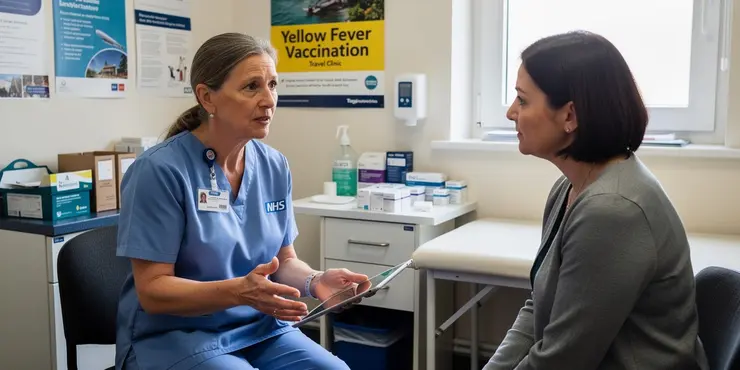
Are any vaccines available in the UK for mosquito-borne diseases?
Relevance: 91%
-
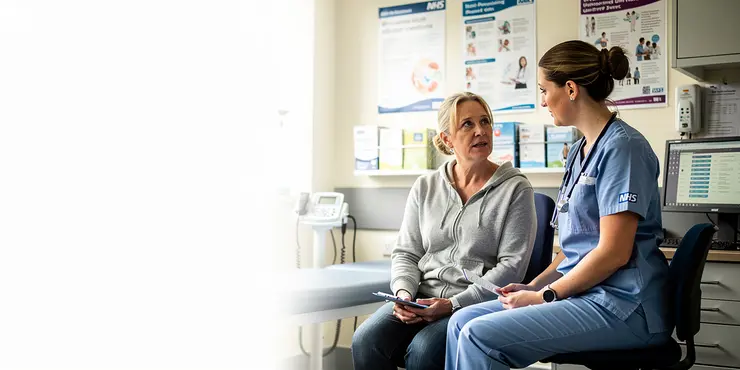
What symptoms should I watch for if I suspect a mosquito-borne disease?
Relevance: 82%
-

What measures are being taken to prevent mosquito-borne diseases in the UK?
Relevance: 80%
-

What diseases are spread by mosquitos in the UK in 2025?
Relevance: 75%
-
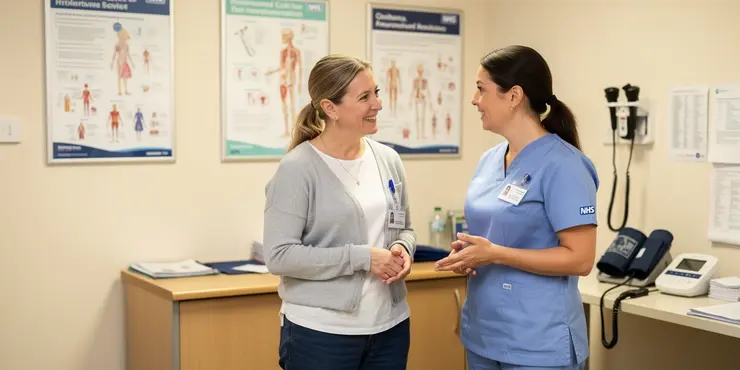
Do UK mosquitoes carry diseases?
Relevance: 74%
-
Can mosquitoes transmit any bacterial diseases in the UK?
Relevance: 70%
-
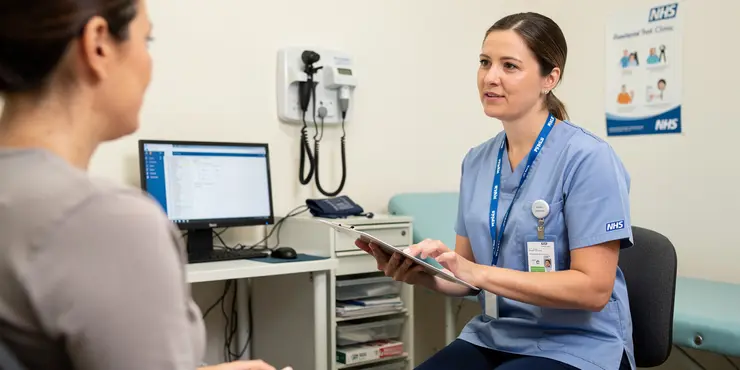
What should travelers to the UK know about mosquito-borne diseases?
Relevance: 68%
-
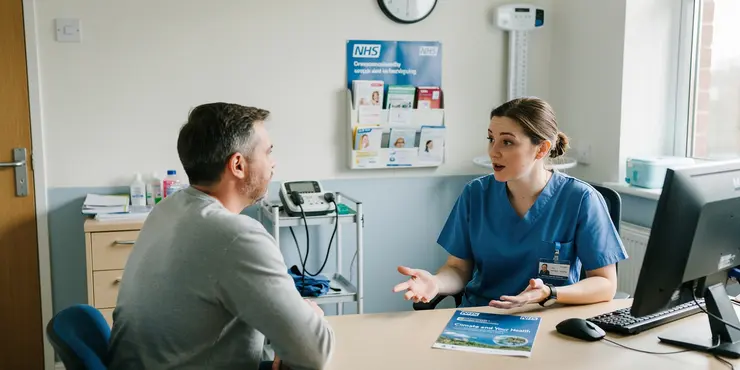
How do climate changes affect mosquito-borne diseases in the UK?
Relevance: 66%
-
Do all mosquitoes in the UK carry diseases?
Relevance: 61%
-
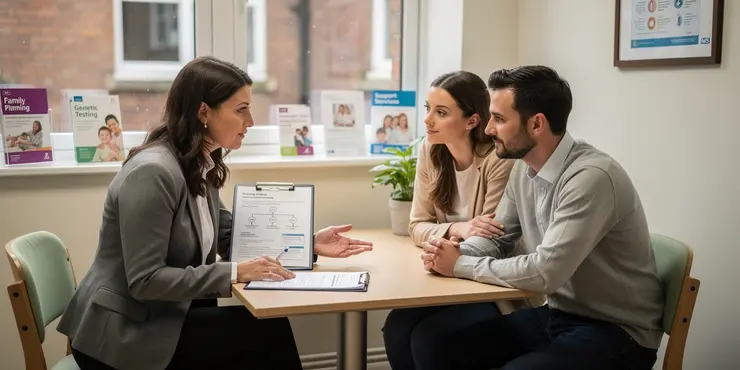
Can Huntington's disease be prevented?
Relevance: 51%
-

Can Alzheimer's disease be prevented?
Relevance: 51%
-
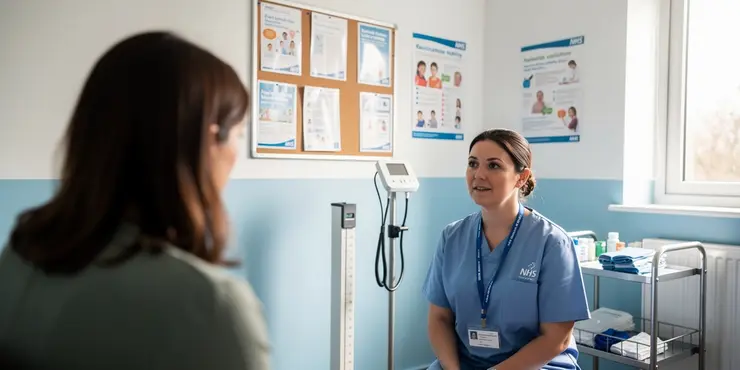
Are there any government initiatives to control mosquitoes in the UK?
Relevance: 49%
-
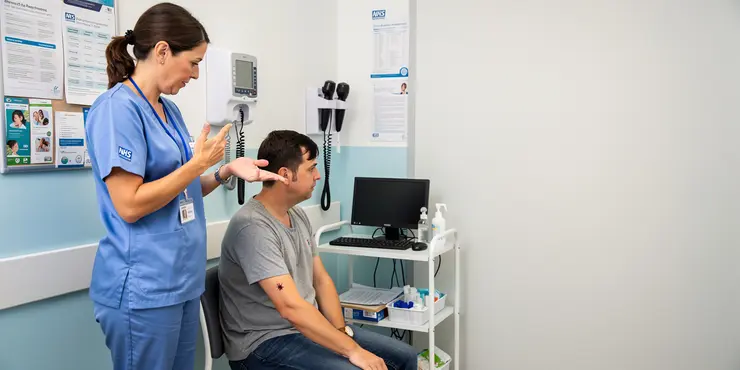
Do spiders in the UK carry diseases?
Relevance: 48%
-
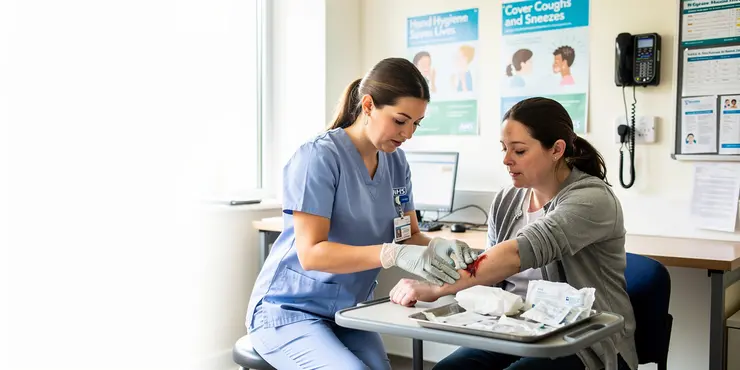
Are there any preventative measures for flesh-eating disease?
Relevance: 48%
-
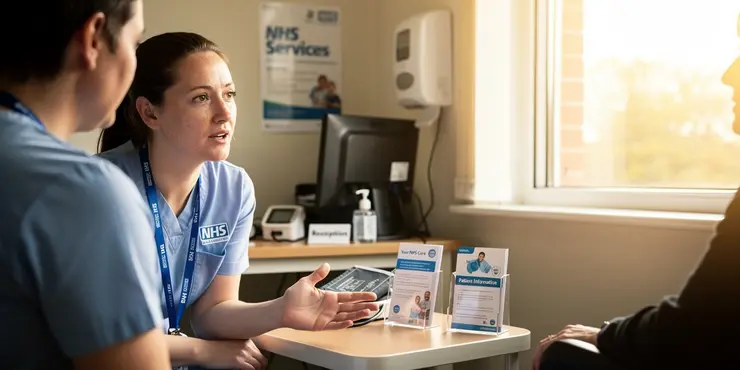
Can Marburg virus disease be prevented?
Relevance: 48%
-
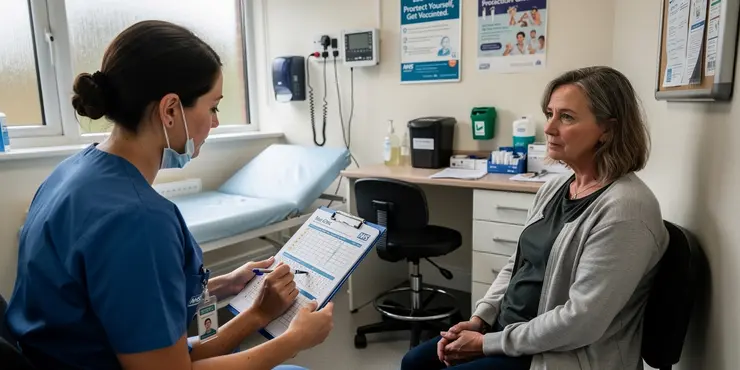
Is there a risk of yellow fever being spread by mosquitoes in the UK?
Relevance: 47%
-

Can dengue fever be contracted in the UK?
Relevance: 47%
-
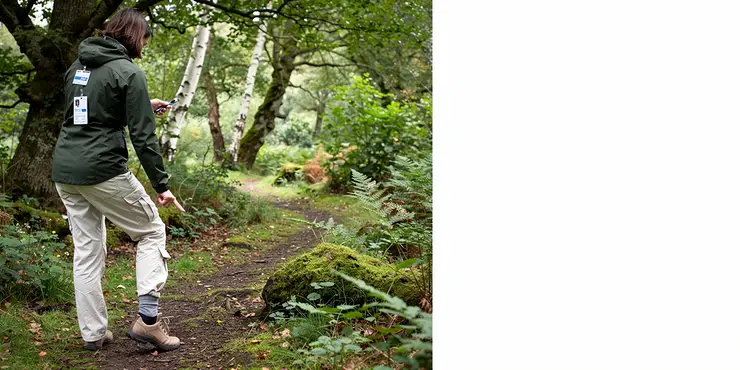
How do you prevent Lyme disease?
Relevance: 46%
-
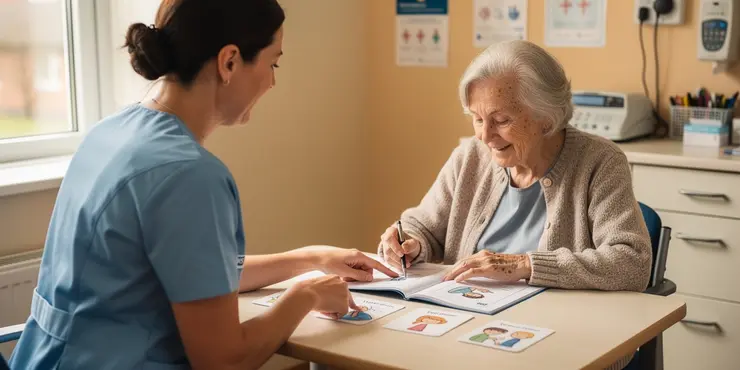
How common is Alzheimer's disease in the UK?
Relevance: 46%
-
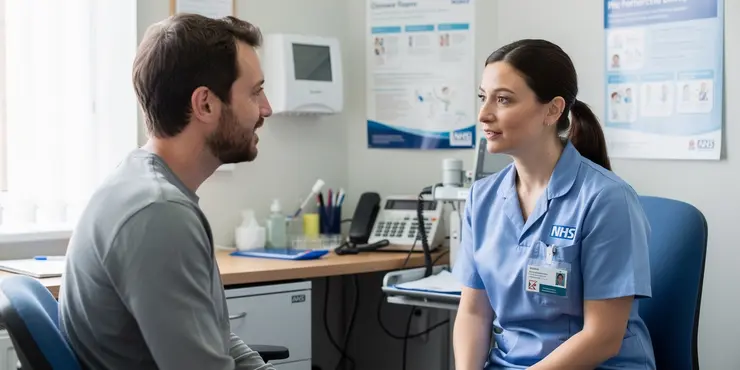
Are UK mosquitoes capable of transmitting Zika virus?
Relevance: 43%
-
Why is blood donation history important in preventing disease transmission?
Relevance: 43%
-
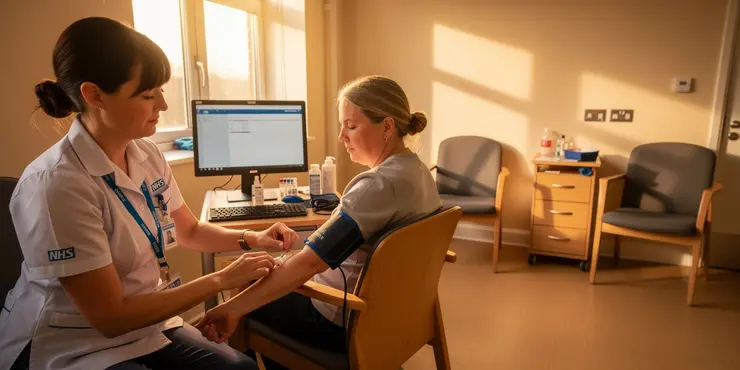
How is blood screened to prevent disease transmission?
Relevance: 43%
-
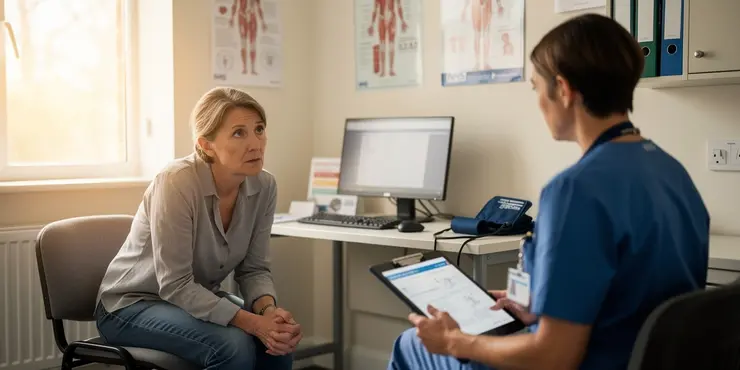
What support is available for people with Crohn's disease in the UK?
Relevance: 41%
-
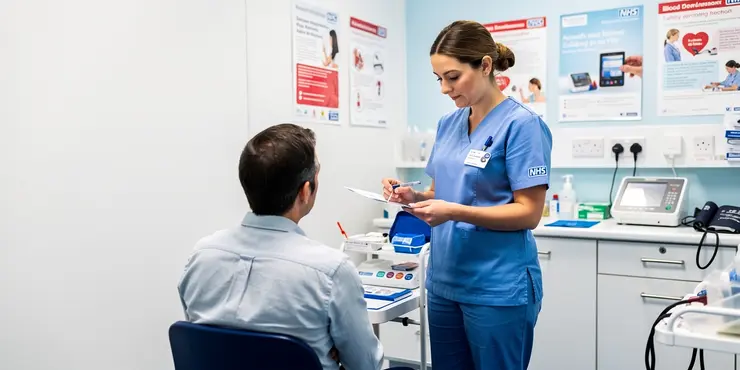
What measures are taken to prevent disease transmission in blood transfusions?
Relevance: 41%
-
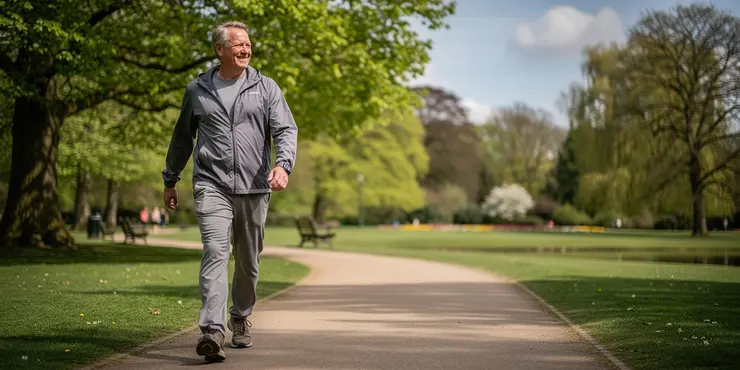
Can lifestyle changes reduce the need for medication for heart disease prevention?
Relevance: 41%
-

Can mosquitoes in the UK enter houses?
Relevance: 38%
-
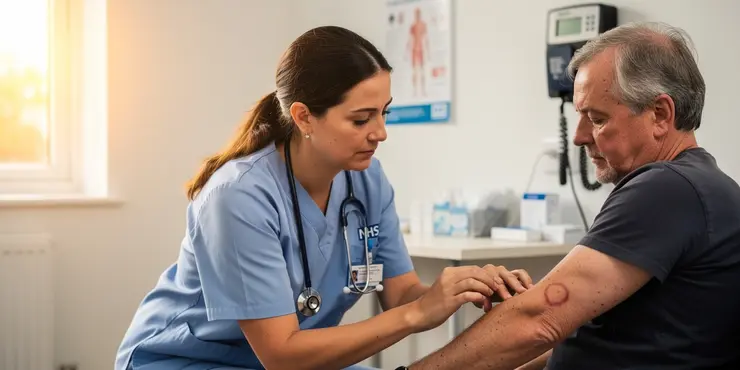
Lyme disease: What is it?
Relevance: 37%
-
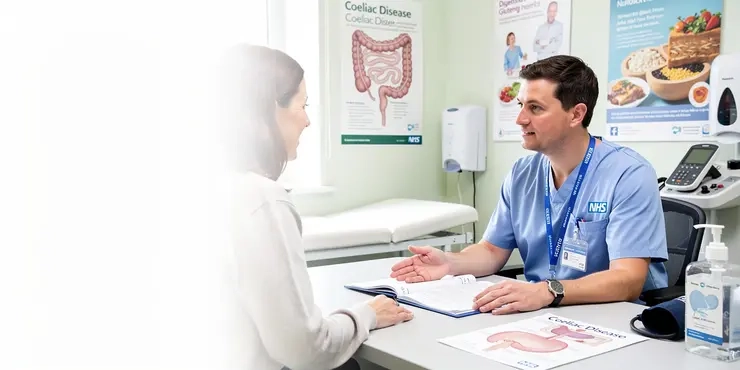
Coeliac Disease: Session 1: What is Coeliac Disease?
Relevance: 36%
-
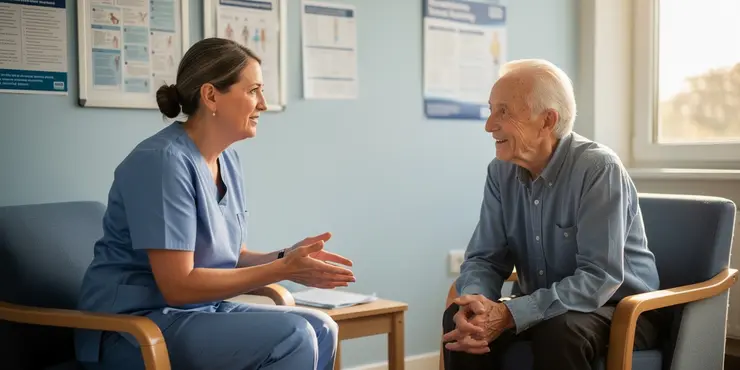
What is Alzheimer's disease?
Relevance: 35%
-
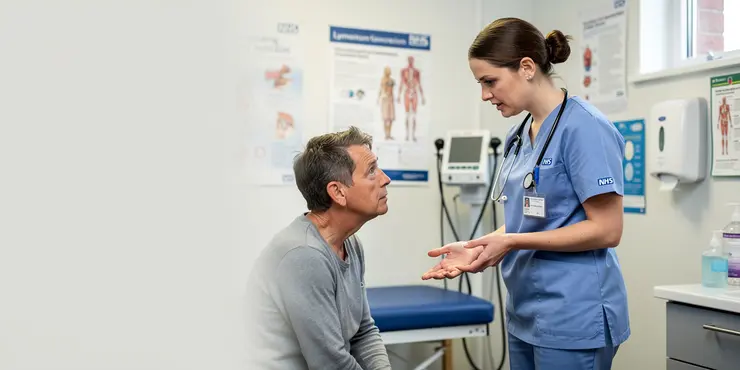
What is Lyme Disease?
Relevance: 35%
-
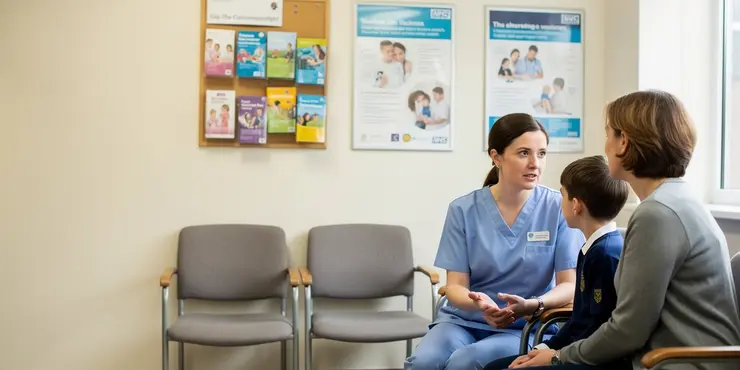
How can measles be prevented?
Relevance: 35%
-
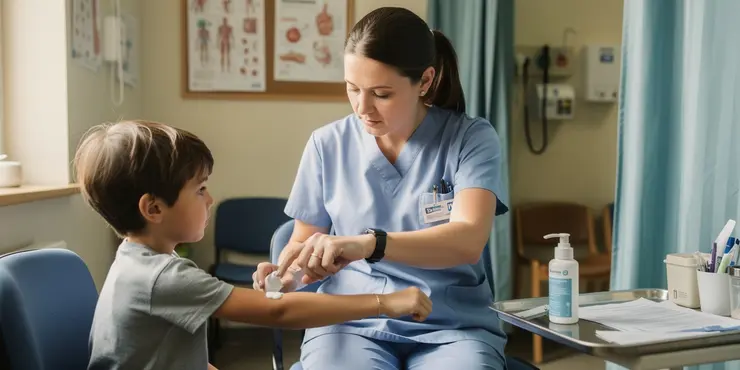
How can Chikungunya virus be prevented?
Relevance: 35%
-
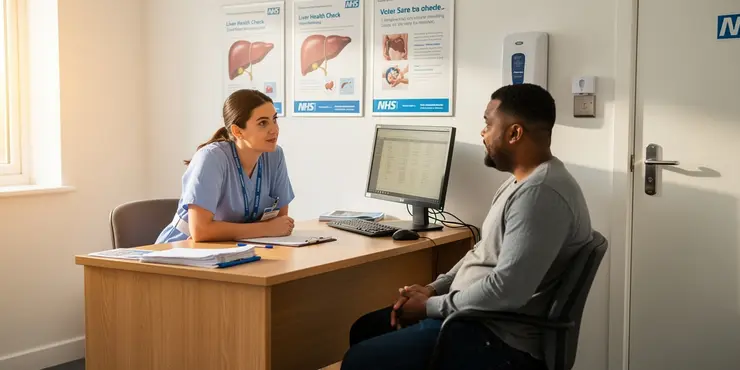
Liver disease | NHS
Relevance: 35%
-
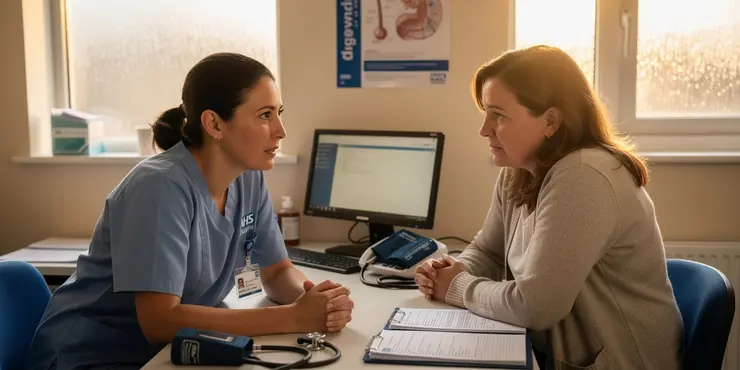
Is there a vaccine for Lyme disease?
Relevance: 34%
-

Coeliac disease
Relevance: 34%
-
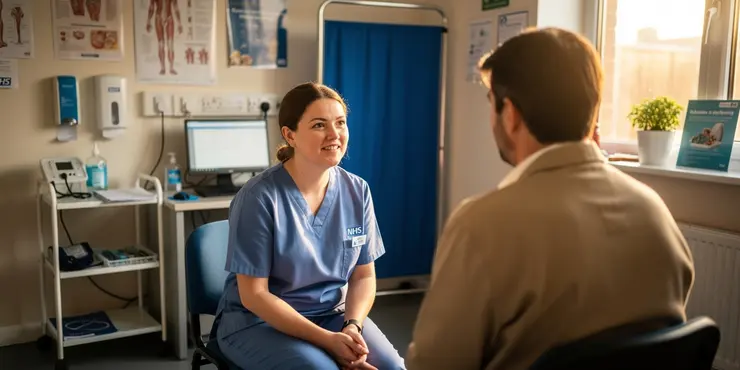
What types of mosquitoes are found in the UK?
Relevance: 34%
Introduction
Mosquito-borne diseases such as malaria and dengue fever pose significant health risks globally. While these diseases are not endemic in the UK, there are proactive measures in place to prevent outbreaks due to changes in climate and increased travel. The UK government and various health organizations are actively working to monitor and control mosquito populations and prevent the transmission of these diseases.
Surveillance and Monitoring
The UK has implemented comprehensive surveillance programs to monitor mosquito populations and the potential introduction of exotic species. Public Health England, now part of the UK Health Security Agency, conducts regular surveillance to detect invasive mosquito species, such as Aedes albopictus, which can transmit dengue and Zika viruses. Mosquito traps are strategically placed around ports of entry and high-risk areas to ensure early detection and control of these vectors.
Public Awareness Campaigns
Raising public awareness is crucial in preventing mosquito-borne diseases. The UK government has initiated campaigns to educate the public on how to reduce mosquito breeding sites, such as removing standing water in gardens and around homes. Educational materials are widely distributed to advise on personal protection measures like using insect repellent and wearing long sleeves during peak mosquito activity times.
Research and Development
Research plays a vital role in understanding mosquito behavior and developing innovative control methods. UK universities and research institutions are engaged in studies to investigate the potential impact of climate change on mosquito populations and the likelihood of disease transmission. Furthermore, research is ongoing into genetic and biological control methods, such as the release of sterile male mosquitoes, to reduce mosquito populations without using harmful chemicals.
Collaboration with International Bodies
The UK collaborates with international health organizations, such as the World Health Organization (WHO), to stay informed about global trends in mosquito-borne diseases. By participating in international workshops and sharing information, the UK enhances its strategies to manage mosquito threats and safeguard public health.
Preparedness and Response Plans
The UK maintains a robust preparedness and response strategy, which includes detailed contingency plans if an outbreak occurs. The National Health Service (NHS) is equipped to diagnose and treat mosquito-borne diseases promptly. Rapid response teams are in place to deploy mosquito control measures, such as insecticide spraying, should any outbreak occur to prevent further transmission.
What this is about
Some mosquitoes can make people sick, like with malaria or dengue fever. This is not a big problem in the UK, but it could be in the future. The UK is working hard to stop this from happening by watching for mosquitoes and stopping them from spreading diseases.
Watching for Mosquitoes
The UK looks out for mosquitoes that might come from other places. There are special programs to find these mosquitoes. Public Health England, now called the UK Health Security Agency, helps with this by using mosquito traps. These traps are in places where mosquitoes might arrive, like airports.
Telling People What to Do
It's important to tell people how to stop mosquitoes. The UK tells people to get rid of water where mosquitoes can lay eggs, like in gardens. The government also gives tips on how to keep safe, like using bug spray and wearing long clothes.
Studying Mosquitoes
Learning about mosquitoes helps us stop them. UK scientists study how mosquitoes behave and how the weather affects them. They are also working on ways to stop mosquitoes, like using mosquitoes that can't have babies. This way, they can use fewer chemicals.
Working with the World
The UK works with groups like the World Health Organization to learn about mosquitoes. By talking to other countries, the UK gets better at stopping mosquito diseases from spreading.
Being Ready
The UK has a plan if mosquito diseases happen. The NHS knows how to help people who get these diseases. There are teams ready to stop mosquitoes quickly, using things like bug spray to keep people safe.
Frequently Asked Questions
Useful Links
This website offers general information and is not a substitute for professional advice.
Always seek guidance from qualified professionals.
If you have any medical concerns or need urgent help, contact a healthcare professional or emergency services immediately.
Some of this content was generated with AI assistance. We’ve done our best to keep it accurate, helpful, and human-friendly.
- Ergsy carfully checks the information in the videos we provide here.
- Videos shown by Youtube after a video has completed, have NOT been reviewed by ERGSY.
- To view, click the arrow in centre of video.
- Most of the videos you find here will have subtitles and/or closed captions available.
- You may need to turn these on, and choose your preferred language.
- Go to the video you'd like to watch.
- If closed captions (CC) are available, settings will be visible on the bottom right of the video player.
- To turn on Captions, click settings .
- To turn off Captions, click settings again.
More Items From Ergsy search
-

Are there any new mosquito-borne diseases emerging in the UK in 2025?
Relevance: 100%
-

What research is being conducted on mosquito-borne diseases in the UK?
Relevance: 99%
-

Is there a season when mosquito-borne diseases are more likely in the UK?
Relevance: 98%
-

What regions of the UK are most affected by mosquito-borne diseases?
Relevance: 96%
-

Are any vaccines available in the UK for mosquito-borne diseases?
Relevance: 91%
-

What symptoms should I watch for if I suspect a mosquito-borne disease?
Relevance: 82%
-

What measures are being taken to prevent mosquito-borne diseases in the UK?
Relevance: 80%
-

What diseases are spread by mosquitos in the UK in 2025?
Relevance: 75%
-

Do UK mosquitoes carry diseases?
Relevance: 74%
-
Can mosquitoes transmit any bacterial diseases in the UK?
Relevance: 70%
-

What should travelers to the UK know about mosquito-borne diseases?
Relevance: 68%
-

How do climate changes affect mosquito-borne diseases in the UK?
Relevance: 66%
-
Do all mosquitoes in the UK carry diseases?
Relevance: 61%
-

Can Huntington's disease be prevented?
Relevance: 51%
-

Can Alzheimer's disease be prevented?
Relevance: 51%
-

Are there any government initiatives to control mosquitoes in the UK?
Relevance: 49%
-

Do spiders in the UK carry diseases?
Relevance: 48%
-

Are there any preventative measures for flesh-eating disease?
Relevance: 48%
-

Can Marburg virus disease be prevented?
Relevance: 48%
-

Is there a risk of yellow fever being spread by mosquitoes in the UK?
Relevance: 47%
-

Can dengue fever be contracted in the UK?
Relevance: 47%
-

How do you prevent Lyme disease?
Relevance: 46%
-

How common is Alzheimer's disease in the UK?
Relevance: 46%
-

Are UK mosquitoes capable of transmitting Zika virus?
Relevance: 43%
-
Why is blood donation history important in preventing disease transmission?
Relevance: 43%
-

How is blood screened to prevent disease transmission?
Relevance: 43%
-

What support is available for people with Crohn's disease in the UK?
Relevance: 41%
-

What measures are taken to prevent disease transmission in blood transfusions?
Relevance: 41%
-

Can lifestyle changes reduce the need for medication for heart disease prevention?
Relevance: 41%
-

Can mosquitoes in the UK enter houses?
Relevance: 38%
-

Lyme disease: What is it?
Relevance: 37%
-

Coeliac Disease: Session 1: What is Coeliac Disease?
Relevance: 36%
-

What is Alzheimer's disease?
Relevance: 35%
-

What is Lyme Disease?
Relevance: 35%
-

How can measles be prevented?
Relevance: 35%
-

How can Chikungunya virus be prevented?
Relevance: 35%
-

Liver disease | NHS
Relevance: 35%
-

Is there a vaccine for Lyme disease?
Relevance: 34%
-

Coeliac disease
Relevance: 34%
-

What types of mosquitoes are found in the UK?
Relevance: 34%


